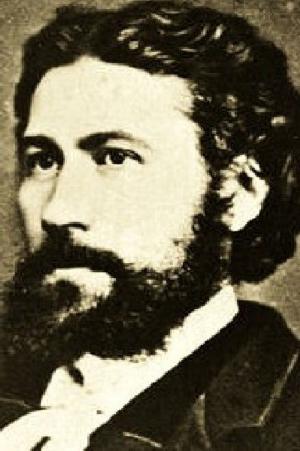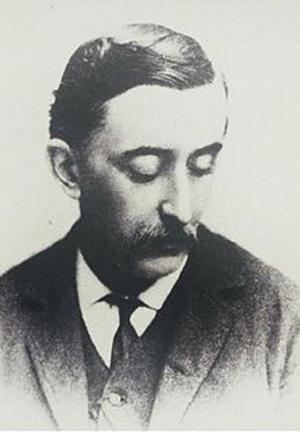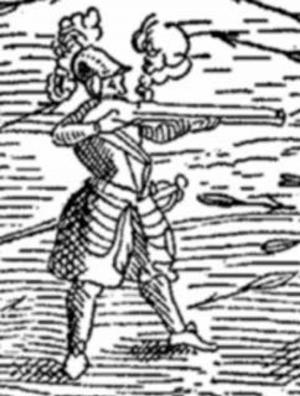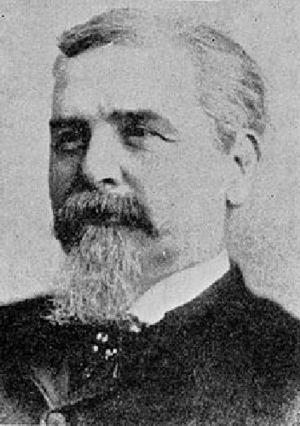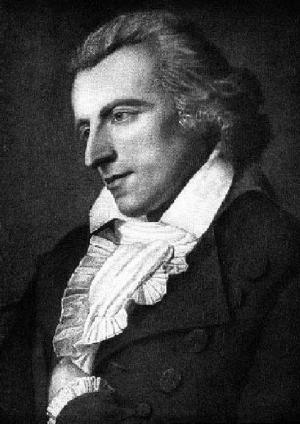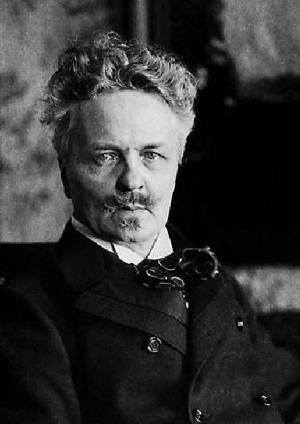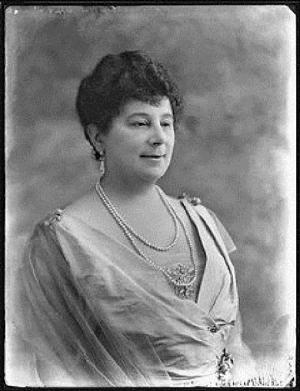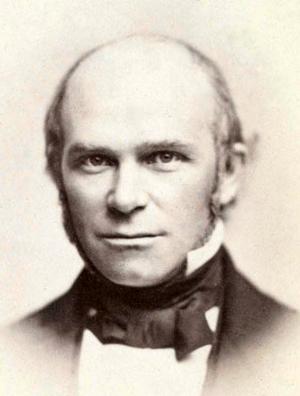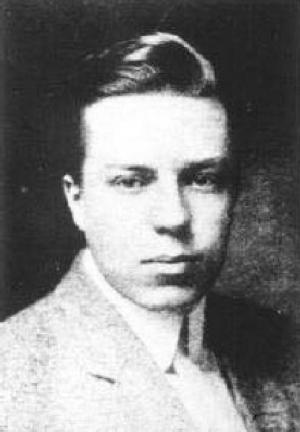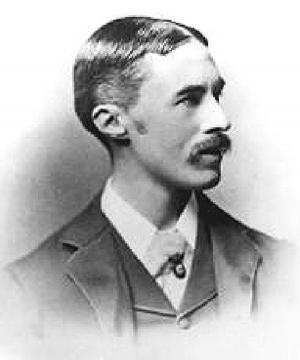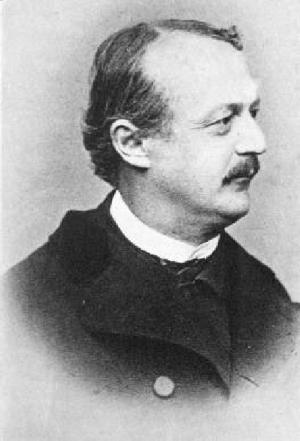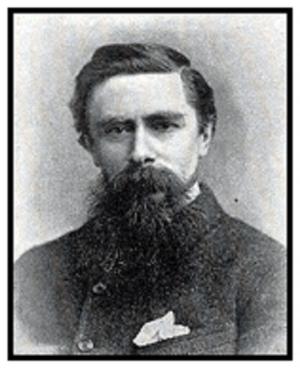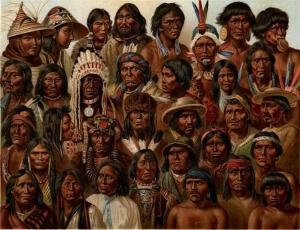| Author: | Karl Marx | ISBN: | 9781455391110 |
| Publisher: | B&R Samizdat Express | Publication: | December 15, 2009 |
| Imprint: | Language: | English |
| Author: | Karl Marx |
| ISBN: | 9781455391110 |
| Publisher: | B&R Samizdat Express |
| Publication: | December 15, 2009 |
| Imprint: | |
| Language: | English |
This book includes: A Criticism of Hegelian Philosophy of the Right, On the Jewish Question, On the King of Prussia and Social Reform, Moralising Criticism and Critical Morality, Proudhon, French Materialism, and The English Revolution. According to Wikipedia: "Karl Heinrich Marx (May 5, 1818 March 14, 1883) was a German[1] philosopher, political economist, historian, sociologist, humanist, political theorist and revolutionary credited as the founder of communism… While Marx remained a relatively obscure figure in his own lifetime, his ideas began to exert a major influence on workers' movements shortly after his death. This influence gained added impetus with the victory of the Marxist Bolsheviks in the Russian October Revolution, and there are few parts of the world which were not significantly touched by Marxian ideas in the course of the twentieth century."
This book includes: A Criticism of Hegelian Philosophy of the Right, On the Jewish Question, On the King of Prussia and Social Reform, Moralising Criticism and Critical Morality, Proudhon, French Materialism, and The English Revolution. According to Wikipedia: "Karl Heinrich Marx (May 5, 1818 March 14, 1883) was a German[1] philosopher, political economist, historian, sociologist, humanist, political theorist and revolutionary credited as the founder of communism… While Marx remained a relatively obscure figure in his own lifetime, his ideas began to exert a major influence on workers' movements shortly after his death. This influence gained added impetus with the victory of the Marxist Bolsheviks in the Russian October Revolution, and there are few parts of the world which were not significantly touched by Marxian ideas in the course of the twentieth century."

